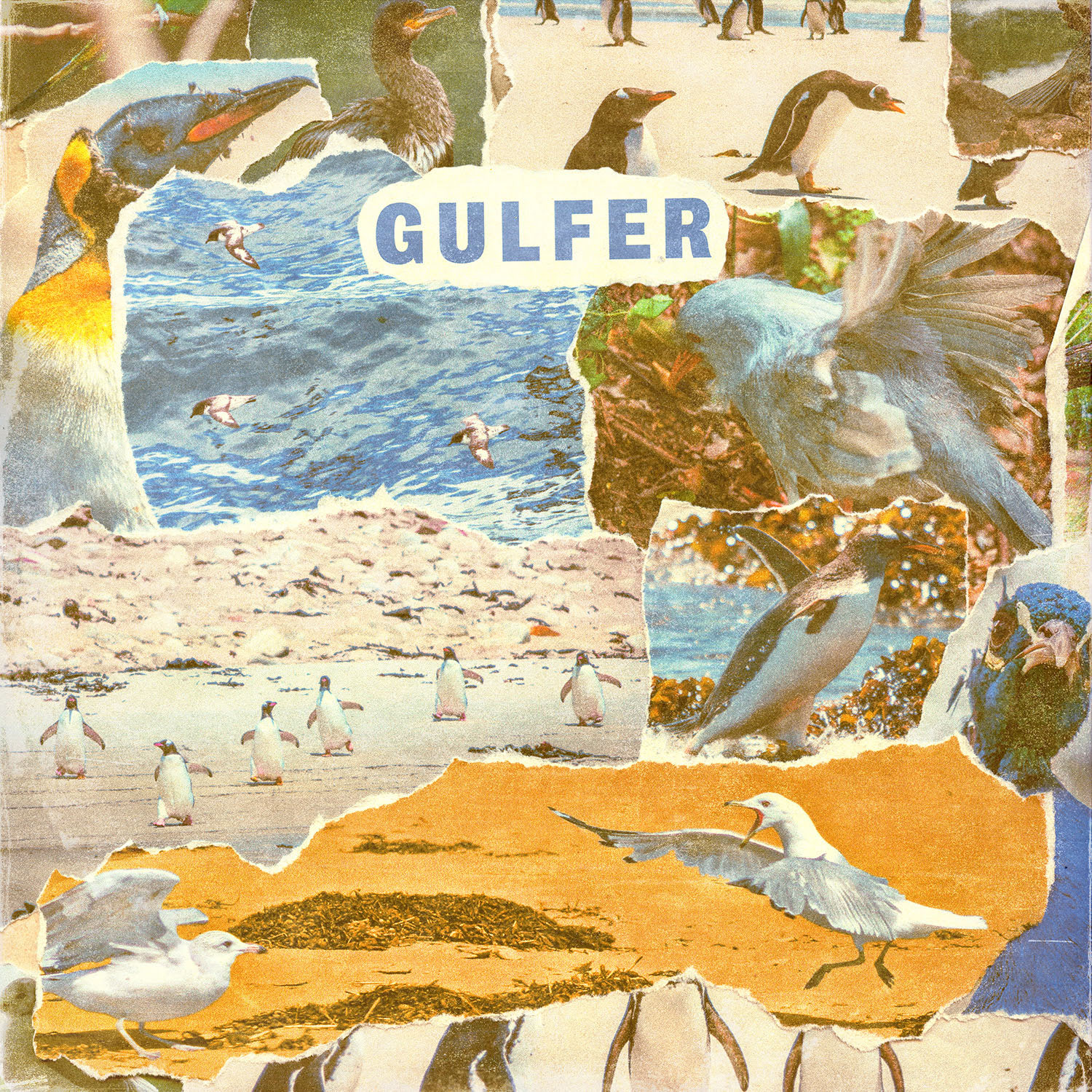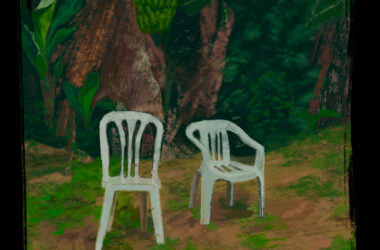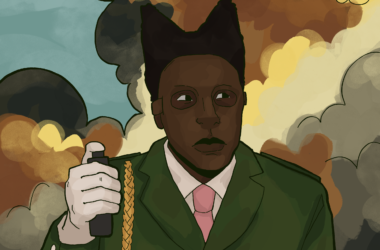As a defining concept in popular music, teen angst has manifested in many different ways, from the mid-2000s emo pop-punk bands such as My Chemical Romance and Fall Out Boy, to the emergence of the sad-girl acoustic indie genre, currently spearheaded by Phoebe Bridgers. Emo music has never truly died out, and as 2020 has proven, angst is not going anywhere either.
Enter Gulfer. The emo revival-math rock group, composed of bassist and vocalist David Mitchell, lead vocalist and guitarist Vincent Ford, drummer Julien Daoust, and backing vocalist and guitarist Joe Therriault, has released multiple EPs and two full-length albums during their eight years together.
Although one might assume that a band would be musically limited by such a specific genre title, Gulfer has constantly found new ways to interpret and experiment with their music.
“I think the music that we’ve released up to this point fits very much within [the emo revival and math rock] genres,” Therriault said in an interview with The McGill Tribune. “In terms of math rock, we have a lot of weirdness in terms of odd time signatures, and Vincent […] and I do a lot of tapping riffs. But with this album, we diversify a lot more and maybe don’t fit so neatly in [any] box.”
The band’s latest album, Gulfer, is set to be released on Oct. 16. Although the COVID-19 pandemic has delayed future touring plans for the band, the album’s production process remained mostly unscathed by the ongoing situation.
“These songs were written maybe two years ago,” Therriault said. “We recorded the album [around] this time last year, so COVID-19 was not the dream in anyone’s eye at that point. When the pandemic hit, the album was finished and it was basically mixed and mastered.”
Even though its production and songwriting were set in stone far before the pandemic, the album feels incredibly timely, capturing an onslaught of anxiety. From the very top of the album, “Blurry” comes in strong, with its big emotional punch bolstered by a snappy and memorable guitar track. The song starts off loud and fast, never really letting up, as it holds on to the familiar angsty feeling of wanting to shout into the void.
The sound production’s diminished levels of mixing helped to develop a washed-out vocal layer on top of the album’s frenetic and experimental guitar riffs. While a strong and distinct vocal track is usually synonymous with the popular perception of emo music, Gulfer stands apart by developing their own brand of emo that lets the math rock-inspired guitar shine the most. The vocals blend with the instrumentation, contributing to the thematic unity of the mixing and the album itself.
“Our vocals are mixed a little bit lower than some [other] pop [bands],” Therriault said. “Vocals [that are] really high in the mix I think are just cheesy. It doesn’t mean it’s bad, but [I prefer] to have them blend a little more.”
Nevertheless, the album closes out its primary setlist with another standout, “Trips and Falls,” which is anchored by a sharp and syncopated drum beat that defines the building energy of the album’s climax.
Gulfer’s release seems almost serendipitous, given the current climate that we live in—the poignant and angsty sentiments expressed are striking and unmistakable, fitting given the emotional turmoil brought on by the pandemic. Gulfer’s approach to emo music is considerably distanced from the original 2000s scene that many people know and love, but it just might be the 2020 portrait that nobody saw coming.
Gulfer’s self-titled album will be available on Oct. 16.










